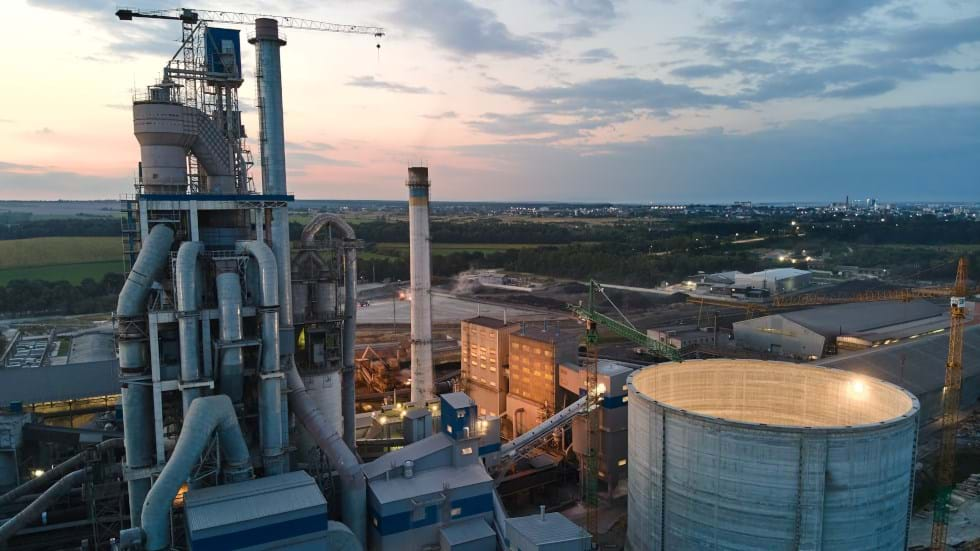Materials Processing Institute unveils £1m sustainable cement centre

A STATE-OF-THE-ART sustainable research and development centre led by the Materials Processing Institute (MPI) is set to progress “novel formulations” for low-carbon cement and concrete.
The £1m (US$1.25m) Sustainable Cement and Concrete Centre (SCCC) will work with cement companies to create and test low-carbon alternatives to industry-grade CEM1 concrete, including using electric arc furnace slags in aggregate and clinker production.
More than 90m t/y of concrete and cement are produced in the UK, with concrete production accounting for around 1.5% of the country’s CO2 emissions.
Terry Walsh, the CEO of MPI, said: “Cement and concrete are the backbone of our built environment, and by focusing on decarbonising, we can significantly reduce emissions across the sector.
“This facility demonstrates our commitment to sustainability, providing the tools, expertise, and innovation required to enable a greener future through fuel switching, low-carbon cements and concretes, and innovations such as carbon capture, use, and storage (CCUS) technology.”
Current work
The SCCC is currently involved in a project backed by Innovate UK testing recycled concrete fines (RCF), which are crushed pieces of waste concrete. The project seeks to use RCF as an alternative to slag and fly ash, which is in “very limited” supply in the UK, according to MPI.
A spokesperson for the institute said: “The aim of this project is twofold. First, it will address the RCF reactivity. To do this, RCF will be either carbonated or calcined. Second, concretes made with a range of cement compositions based on RCF will be rigorously tested against the current EU/UK standards. This is to revise BS 8500 to allow for high CEM1 substitution with RCF.”
Industry standards
The MPI is working with the Minerals Products Association to build a lab which can trial and test product innovations and reach industry standards.
The spokesperson added: “The initial goals are to fully install and commission the equipment we have within the lab. After the equipment is fully commissioned, we aim to develop testing regimes that meet the industry standards.
“We aim to be fully operational and working with an array of industry partners through both commercial and government-funded projects.”
The MPI expects the SCCC to be operational by the end of the month.
Recent Editions
Catch up on the latest news, views and jobs from The Chemical Engineer. Below are the four latest issues. View a wider selection of the archive from within the Magazine section of this site.




